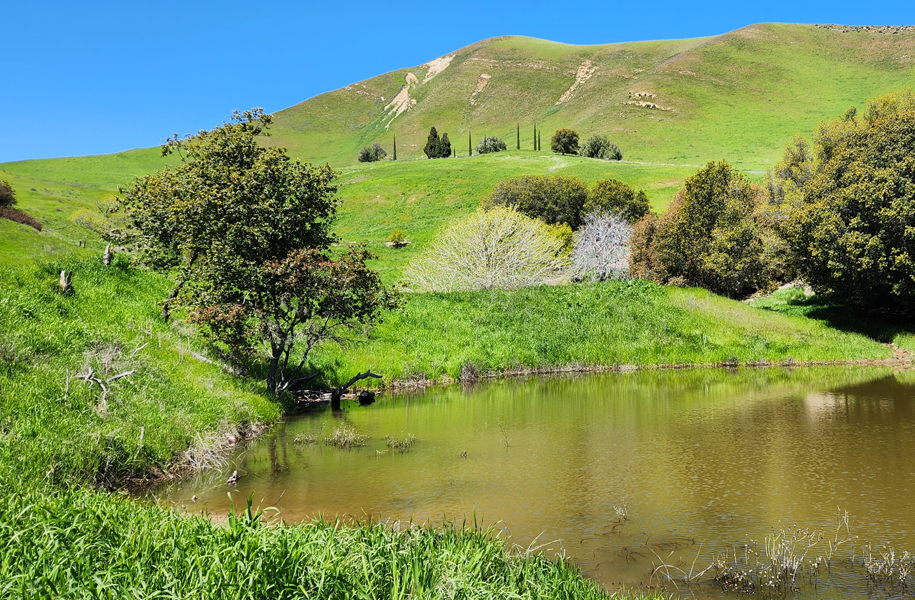Record rainfall in Contra Costa creates perfect conditions for mosquitoes

CONTRA COSTA COUNTY, CA (April 25, 2023) — One of the wettest starts to any year in history has left standing water in areas of Contra Costa County that residents may not be aware of, creating perfect conditions for mosquitoes to develop.
Now, during California Mosquito Awareness Week, the Contra Costa Mosquito & Vector Control District (District) wants to get the word out to Contra Costa County residents to dump out any rainwater that has collected in front and backyards. You should also scrub the associated containers to reduce the risk of mosquitoes.
California’s Mosquito Awareness Week, April 16 – 22, 2023, is a week devoted to educating Californians about mosquitoes and how to reduce the risk of mosquito-borne diseases. In Contra Costa County, where there are 23 established species of mosquitoes and an additional non-native, invasive species of mosquito that was found in Martinez last year, it is important for residents to take mosquito prevention seriously to reduce the risk of dangerous diseases including West Nile virus, Zika, Dengue fever, and Yellow fever.
“With record amounts of rainfall so far this year, it is very important for all Contra Costa County residents to dump out any standing water that has accumulated in front, and back yards, on porches, and patios, in tools and toys and other items that can unexpectedly collect rainwater. Then, after dumping out the water, scrub those containers to remove mosquito eggs, to reduce the risk of mosquito production,” said Steve Schutz, Ph.D., the District’s Scientific Programs Manager.
Simple steps
It only takes a small amount of water to produce mosquitoes. Taking these simple steps can reduce the risk of mosquitoes and the diseases they can transmit:
- Eliminate all sources of standing water on your property, at least once a week. This includes flowerpots and saucers, old tires, buckets, pet dishes, and trash cans. Mosquitoes lay their eggs in very small amounts of standing water.
- Apply insect repellent containing an EPA-registered active ingredient, including DEET, picaridin, oil of lemon eucalyptus, or IR3535, to clothes and exposed skin according to label instructions.
- Wear long sleeves and pants, especially if outside at dawn and dusk when mosquitoes become most active.
- Install screens on windows and doors and keep them in good repair to keep mosquitoes out of your home.
- Repair leaking faucets and broken sprinklers that can contribute to standing water around your home.
- Clean rain gutters clogged with leaves.
- Report dead birds to the Statewide WNV Call Center by phone at 1-877-WNV-BIRD (1-877-968-2473) or online. They cannot collect all birds for testing, but all reports help the District identify potential risk areas for West Nile virus.
Mosquito bites
If a mosquito bites you while on your property, especially, day-biting mosquitoes, request the District’s Mosquito Service. You may also Report a Neglected Swimming Pool to the District.
During California’s Mosquito Awareness Week 2023, let’s work together to protect public health and reduce the risk of mosquitoes and mosquito-borne diseases in Contra Costa County.
Contra Costa Mosquito & Vector Control District, an independent special district and public health agency, is located at 155 Mason Circle in Concord.
